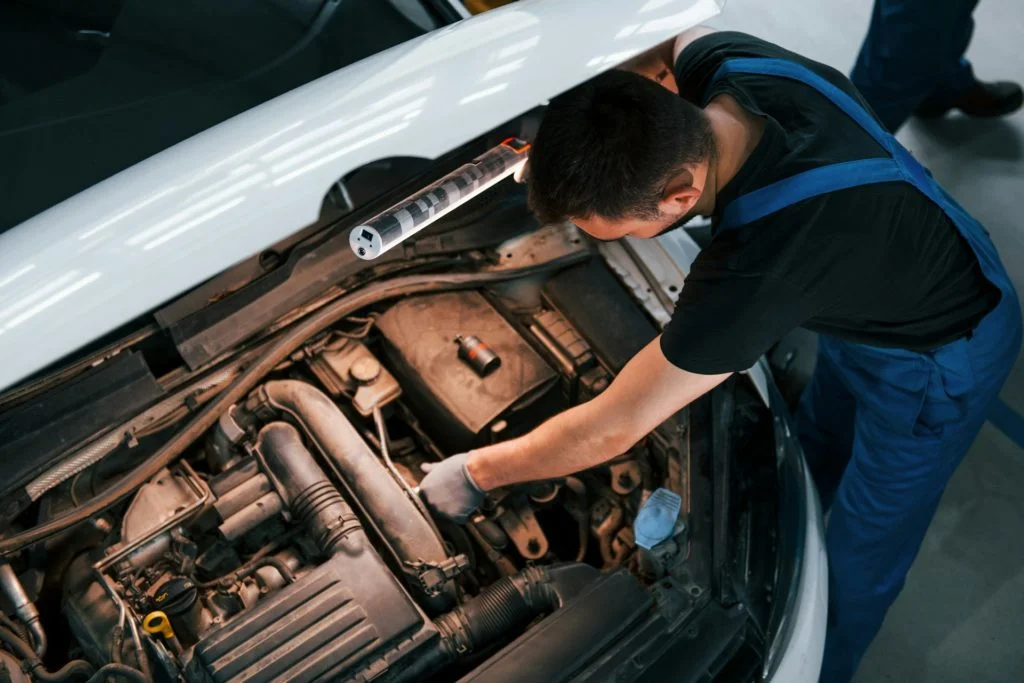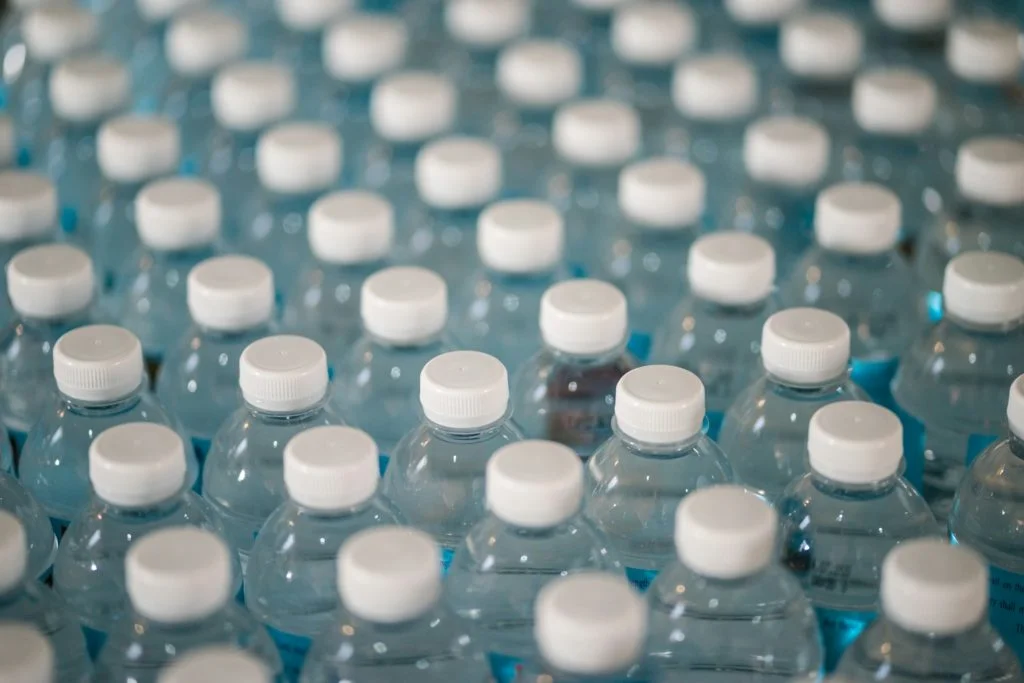The steel industry plays a fundamental role in the global economy; however, it generates a substantial volume of waste, including plastic packaging, containers, and other auxiliary materials. As environmental awareness and sustainability drive modern manufacturing practices, it is critical to identify innovative and eco-friendly waste management solutions that can positively impact the steel industry. One such solution lies within plastic reprocessing – converting waste plastic materials into high-quality raw materials suitable for reuse in manufacturing processes.
Pulse Plastics, an innovative UK-based independent specialist plastic solution provider, understands the immense potential of plastic reprocessing within the steel industry. Waste plastic materials can be converted into valuable resources through plastic reprocessing, creating a closed-loop system that effectively addresses waste management challenges and supports a more sustainable, environmentally-conscious future.
In this blog, we will explore the vital role of plastic reprocessing within the steel industry – from managing waste by-products to promoting resource conservation and reducing its environmental footprint. We will discuss the implementation of plastic reprocessing solutions, the real-world benefits of its adoption, and the significance of collaboration and communication among stakeholders to ensure the long-term success of waste management strategies in the steel manufacturing sector. Join us on this insightful journey as we delve into the potential of plastic reprocessing to revolutionise waste management and elevate sustainable practices in the steel industry.
Revolutionising the Steel Industry: Plastic Reprocessing as a Solution for Waste Management and Sustainability
1. Plastic Waste in the Steel Industry: Challenges and Opportunities
In steel manufacturing, plastic waste materials, such as packaging, containers, and protective covers, can accumulate rapidly and present significant waste management challenges. By recognising and harnessing the opportunities within these challenges, the steel industry can not only improve waste management outcomes but also contribute to enhanced sustainability:
- Reducing the Environmental Footprint: Tackling plastic waste management through reprocessing supports the industry’s broader efforts to minimise environmental impact.
- Aligning with Sustainable Development Goals: Establishing closed-loop systems within the waste management process helps align the industry with global sustainable development targets and industry-specific environmental aims.
- Strengthening Corporate Social Responsibility: By focusing on plastic reprocessing and other sustainable waste management strategies, steel manufacturers can demonstrate commitment to environmentally responsible practices, enhancing their corporate image.
2. Plastic Reprocessing: A Sustainable Solution for Plastic Waste in the Steel Industry
Over the years, plastic reprocessing has emerged as an innovative waste management solution with numerous advantages for the steel manufacturing sector:
- Waste Reduction: Reprocessing minimises plastic waste within the industry by converting disposed materials into reusable raw materials.
- Resource Conservation: By reprocessing waste plastic materials, the industry can reduce its demand for virgin resources, foster responsible material usage practices, and promote overall resource efficiency.
- Cost-Effectiveness: Reprocessed plastics can represent cost-effective raw material alternatives to virgin materials, potentially enabling operational cost savings for manufacturers.
- Collaboration and Synergy: Partnering with expert plastic reprocessing providers, such as Pulse Plastics, steel manufacturers can access valuable resources, technology, and industry knowledge to drive positive change in waste management strategies.
3. Practical Implementation Tactics and Collaborative Measures for Plastic Reprocessing
Effective implementation of plastic reprocessing within the steel industry necessitates strategic collaboration and coordination among various stakeholders, including manufacturers, suppliers, and industry associations:
- Identifying Waste Generation Points: A comprehensive understanding of waste generation sources within the steel manufacturing process enables targeted interventions to minimise and manage waste.
- Forming Partnerships with Plastic Solution Providers: Aligning with plastic reprocessing experts, such as Pulse Plastics, facilitates seamless integration of closed-loop systems and access to valuable resources and industry know-how.
- Industry Education and Advocacy: Promoting the benefits of plastic reprocessing and sustainability within the steel sector encourages widespread adoption and collective, transformative change.
- Embracing Innovation and Technology: Adopting advanced reprocessing machinery and technology supports the creation of high-quality reprocessed plastics for use within the industry.
4. Overcoming Barriers to Accelerate Adoption of Plastic Reprocessing in the Steel Industry
To fully benefit from the transformative impact of plastic reprocessing within the steel sector, it is crucial to address potential challenges and foster an environment conducive to long-term success:
- Ensuring Quality and Performance: Rigorous quality standards should be established and complied with to ensure that reprocessed plastics maintain appropriate standards regarding durability, functionality, and performance.
- Investment in Technology and Infrastructure: Adopting plastic reprocessing may require investments in new technologies and infrastructure; these can be optimised through strategic collaborations with industry experts and solution providers.
- Encouraging Industry Acceptance: Addressing potential misconceptions around reprocessed plastics and promoting their environmental and economic benefits are critical to fostering understanding, acceptance, and successful integration across the steel sector.
Conclusion
Plastic reprocessing offers the steel industry a transformative waste management solution supporting environmental responsibility and resource conservation. By embracing closed-loop systems, targeted waste reduction initiatives, and collaborative measures, the steel sector can harness the potential of plastic reprocessing, revolutionising waste management strategies and bolstering industry-wide sustainability.
As we strive towards a more sustainable future, reprocessing plastic within the steel industry represents a critical step forward. Through the combined efforts of manufacturers, suppliers, and solution providers, such as Pulse Plastics, the steel sector can achieve vital goals in waste management and sustainability, ultimately contributing to the overall well-being of our planet.


